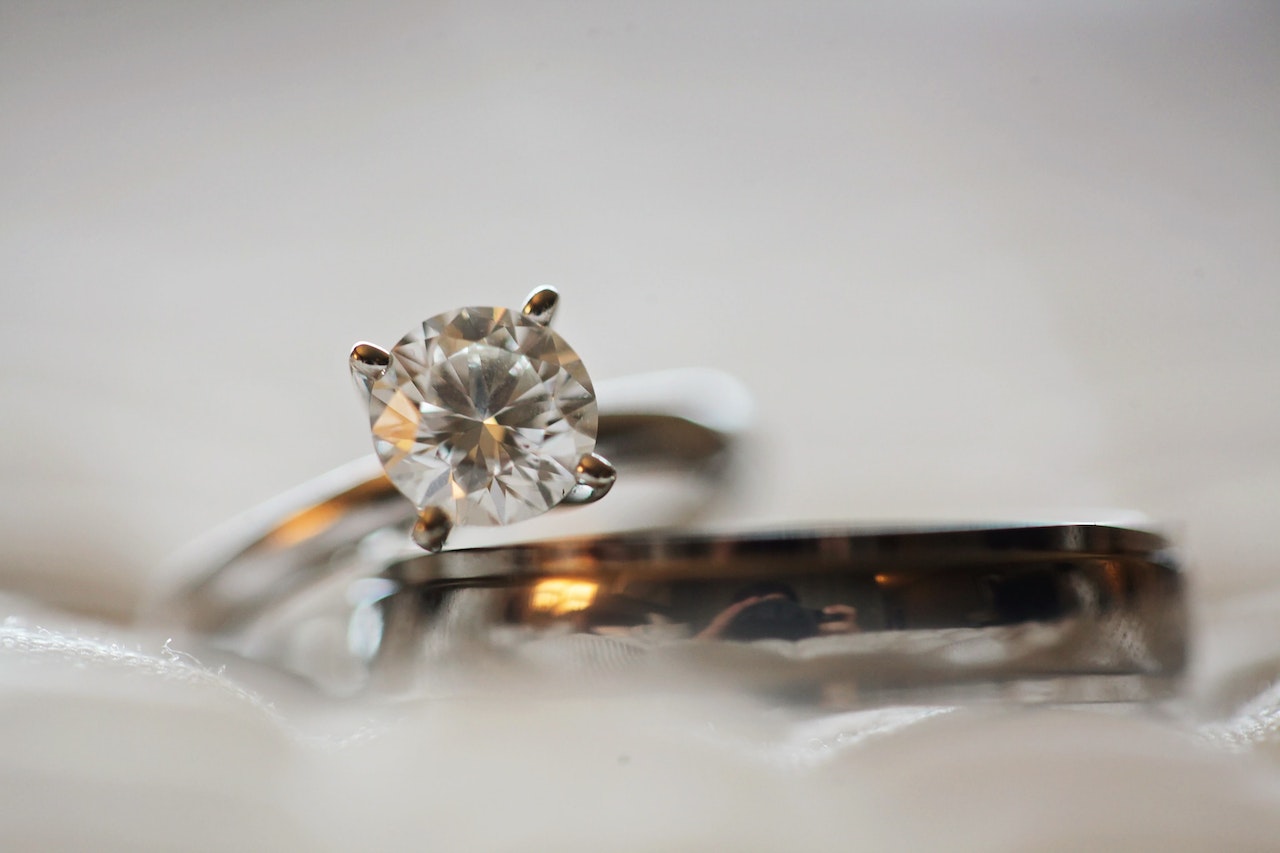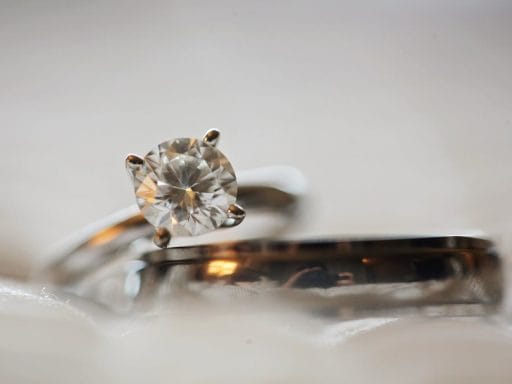The mining of diamonds has long been a source of ethical controversy. There is no denying the beauty and value of diamonds, with their incredible sparkle used to symbolise love and commitment in engagement rings. As the demand for diamonds continues to increase, so do the unethical practices used in extracting these valuable stones. It is important that we make conscious decisions about where our diamonds come from and take into account all possible implications when considering purchased gems.
This article will discuss the ethics behind diamond mining and provide tips on how to ensure that your diamond is ethically sourced. Doing your due diligence when selecting a diamond will help to protect human rights and the environment for generations to come.
The Diamond Industry and Its Impact
Environment Pollution:
Diamonds are mined from the earth in a number of ways, typically through large-scale open pit mining or underground mining. The excavation process can have a significant impact on the environment, leading to deforestation, soil erosion, air pollution and water pollution. This is especially concerning when it comes to small-scale artisanal mining operations, which often use environmentally damaging practices such as the use of mercury or cyanide.
Human Rights Violations in the Mining Industry:
Diamond mining is often linked to human rights violations, as corporations that extract diamonds have been known to exploit their workers in unethical ways. This includes paying low wages, subjecting miners to dangerous working conditions and denying them basic rights such as freedom of speech and assembly. In some cases, the profits from diamond mining are used to fund armed conflicts or terrorist organisations, resulting in further human rights violations.
Child Labour:
Diamonds are extracted using labour that is not voluntary – often from children. This unethical reality of diamond mining can’t be denied or ignored. Many families are desperate for money and turn to diamond mining as a source of income. This leaves children vulnerable to physical abuse, exploitation and labour without pay.
Diamonds Funded Wars:
In some instances, diamonds mined by rebel groups are sold to fund their military activities – referred to as “conflict diamonds”. This is an extremely serious issue, with the United Nations estimating that between 1991-2002 conflict diamonds funded roughly 10 civil wars in countries such as Angola, Ivory Coast and Sierra Leone.
The Kimberley Process
In response to these ethical concerns, the Kimberley Process was created in 2003 as an international certification system designed to help to prevent conflict diamonds from entering the global market. All parties involved in a transaction must adhere to the Kimberley Process, and each diamond is tracked from the mine to its point of sale. The goal of the Kimberley process is to ensure that diamonds are not being used to finance wars or oppressive regimes.
Steps to Ensure Your Diamond is Ethically Sourced
If you are in the market for a diamond, there are a few steps you can take to ensure that your gem is ethically sourced.
1. Consider Other Ethical Alternatives:
There are a number of alternatives to diamonds that are more eco-friendly and ethical, such as lab-grown diamonds or moissanite. These stones tend to cost less than mined diamonds and are not linked to any human rights violations or environmental damage.
2. Buy from Suppliers Who Are Members of The Kimberley Process:
The Kimberley Process is a system to certify ethically sourced diamonds, and any reputable diamond retailer should be part of this process. By selecting retailers who are members of the Kimberley Process, you can be assured that your diamond was mined without exploiting people or the environment.
3. Look for Diamonds With Conflict-Free Certification:
A number of organisations offer conflict-free certification for diamonds, ensuring that the stone was not mined to fund military action or human rights violations. These certifications will typically include a grading report, outlining the origin and ethical sourcing of the diamond.
4. Diamond Transparency:
When purchasing a diamond, ask your retailer for as much information as possible about where it was sourced from and how it was mined. This will give you an idea of whether or not the stone is ethically sourced.
5. Do Your Research:
Finally, take the time to do your research before you purchase a diamond. Read reviews and look for independent sources of information on the supplier in order to ensure that they are reputable and trustworthy. Also research the diamond’s origin to make sure it has not been used to fund any unethical activities.
Conclusion
While diamonds have become symbols of love, charm and elegance, many don’t know the hidden cost behind these sparkly gems. However, it is important to be aware of the ethical implications of diamond mining and how this affects both the environment and its people around the world.
By making conscious decisions about where diamonds come from, we can all work towards ensuring ethical practices within the diamond industry. As consumers, it is our responsibility to make sure our diamonds are sourced in an ethical and sustainable manner. With the right knowledge and diligence, you can be assured that your diamond is ethically sourced. Happy shopping!






